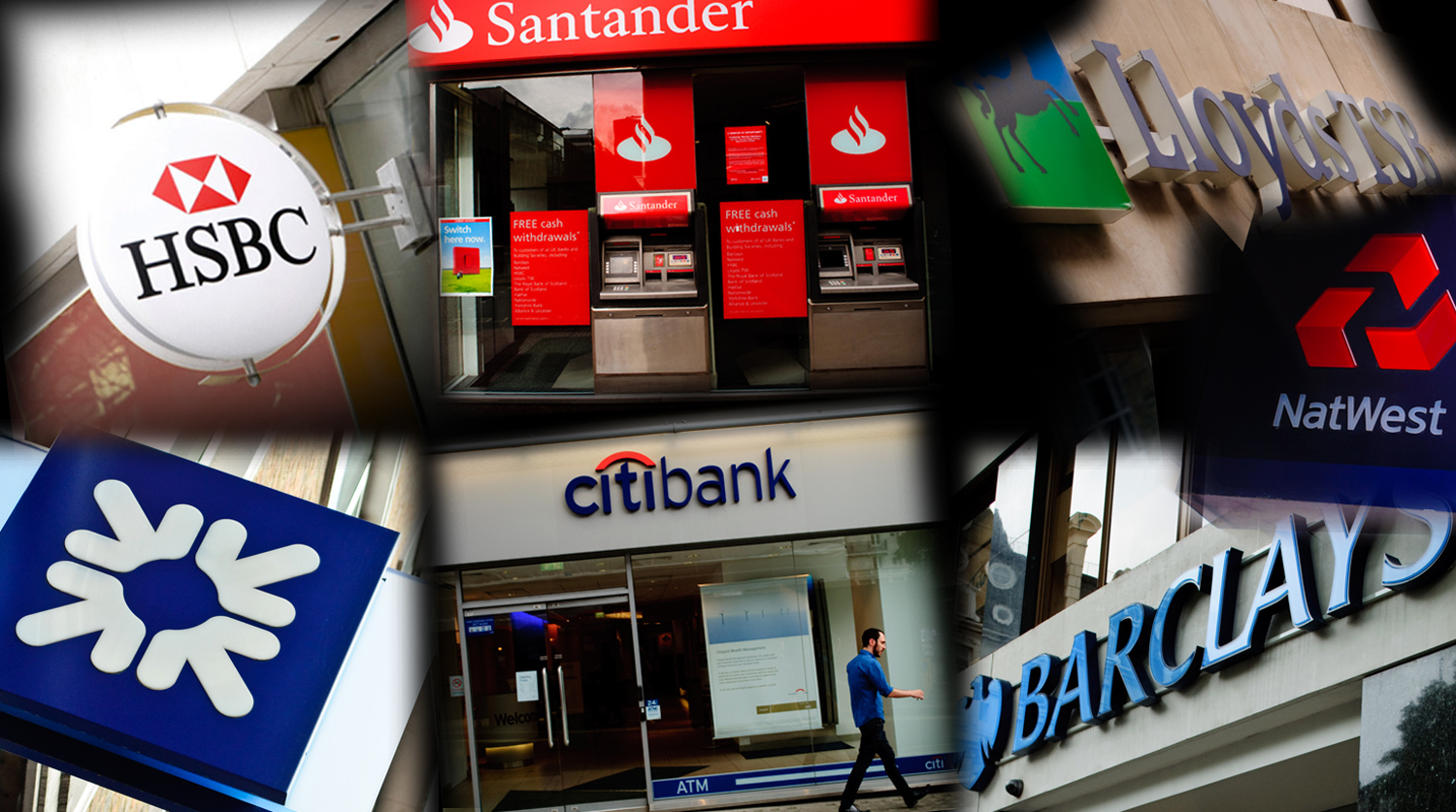News
Consumers suffer as pandemic hits competition

Key consumer markets became less competitive during the pandemic as customers shopped around less and big suppliers captured a greater market share, according to the Social Market Foundation (SMF).
The think tank said politicians and regulators must make competition a greater priority during the economic recovery, and warned that more competitive markets are needed to deliver better deals for consumers and a more dynamic economy outside the European Union.
A report by the SMF found that the share of customers who switched suppliers for gas, electricity and personal banking fell in 2020. In business banking, the ‘big five’ banks used government loan schemes to increase their dominance of the market.
The SMF said the findings should serve as a wake-up call to politicians and regulators about the need for bolder action to boost competition and help consumers shop around.
During 2020, the percentage of households who switched gas suppliers fell from 20.5% to 18.7%. For electricity customers, switching fell from 20.8% to 20.2%. In the current account market, switching rates fell from 2% to just 1.4%, the lowest rate in at least five years.
In the market for lending to small and medium-sized companies, Barclays, HSBC, Lloyds, Natwest and Santander were all able to increase their share of the market. In 2020, challenger and specialist banks’ share of total gross lending to SMEs fell to 31%, a significant decline from 48% from the previous year and the lowest on record.
The SMF has tracked competition in UK markets for several years, finding that before the pandemic, several important markets were becoming more competitive as consumers shopped around more.
Between 2015 and 2019, annual customer switching rates for both the electricity and gas markets increased markedly, from 12% to a record high of more than 20%. At the same time, prices fell and consumer satisfaction rose. Similar progress has been made in the supermarket sector, where the arrival of Lidl and Aldi pushed all suppliers to offer better deals.
The SMF said that more such progress was needed in other consumer markets, especially personal banking, where despite repeated promises by regulators to encourage competition, switching rates remain extremely low.
The SMF said that new measures to promote competition in banking are needed, including regular ‘prompts’ from regulators to ask current account customers if they are happy with their bank or want to switch.
Scott Corfe, research director at the Social Market Foundation, said: “It would be understandable if people facing a pandemic had more pressing priorities than switching energy suppliers or bank accounts, but the pandemic cannot be allowed to reverse recent years’ progress and entrench the power of big business at the expense of consumers and small businesses.
“These findings should be a wake-up call for politicians and regulators about the need to do more to encourage competition.”
Rocio Concha, director of policy and advocacy at Which?, said: “A decline in competition across the economy is a serious concern. It hurts consumers by reducing choice, increasing prices and stifling innovation.
“Since the UK’s departure from the EU, the government has an opportunity to reform and strengthen competition policy to make it work better for consumers. Above all, that means arming the CMA with appropriate enforcement powers to ensure it can intervene effectively in failing markets.”